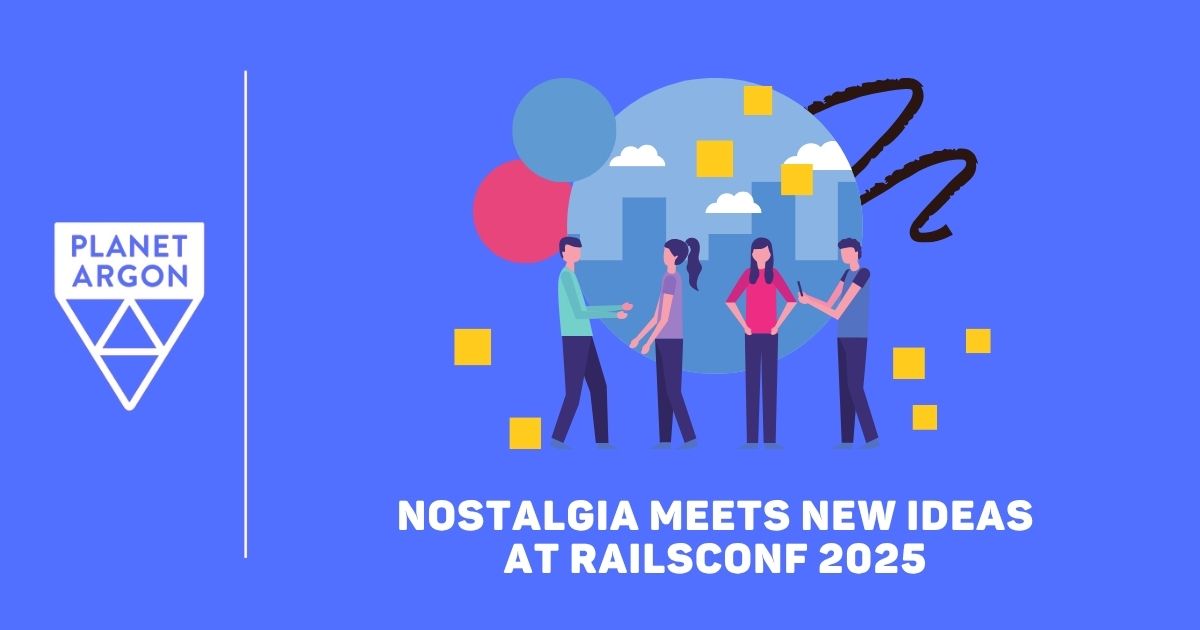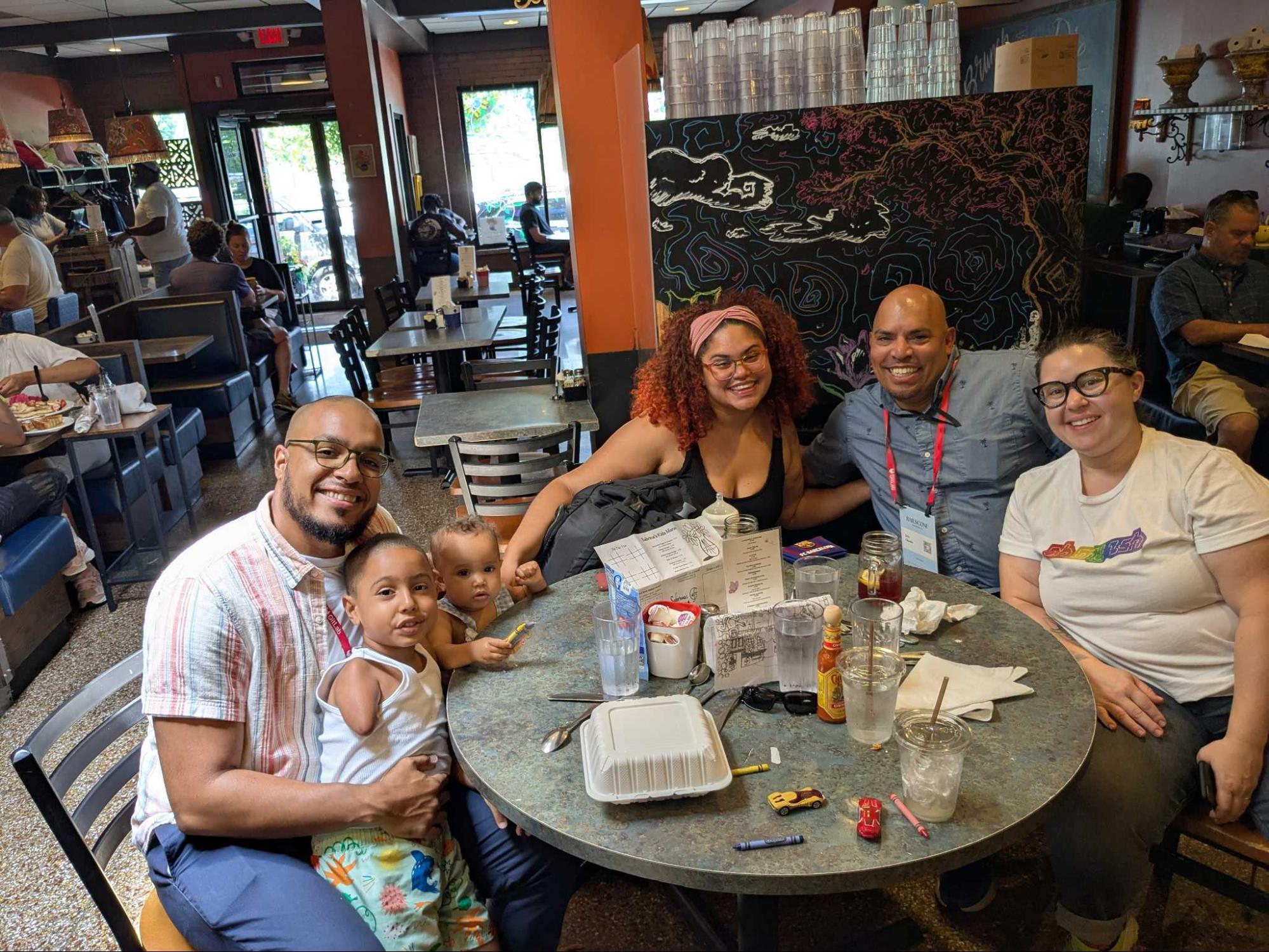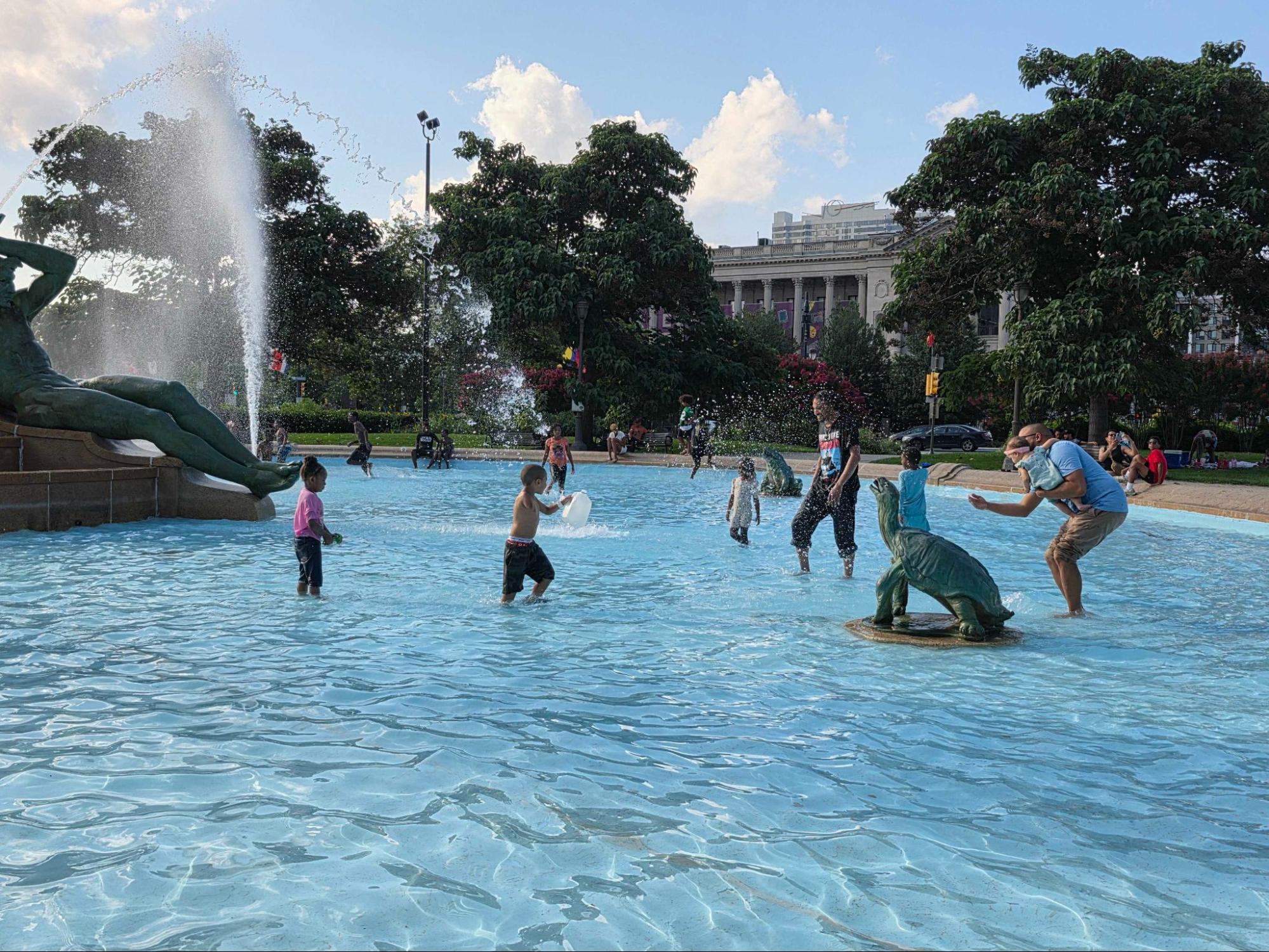
RailsConf 2025 wasn’t just a chance to hear about what’s new in Rails. It was a chance to reflect on its entire journey. This year’s conference carried a special meaning as the final RailsConf, and you could feel it in the energy of every hallway conversation, every keynote, and every look back at how far we’ve come.
For me, it was part tech conference, part reunion, and part reminder of why I still love working in this ecosystem. I’m coming back with memorable moments, inspiring talks, and fresh ideas to explore with our team at Planet Argon.
Overview of Rails Conf 2025
Since this was the last official RailsConf, many talks centered on the framework’s evolution, from the early days of FTP deployments to today's cloud-native setups. Speakers revisited classic features, reflected on ideas that were sunsetted, and emphasized the importance of community involvement.
There were also practical talks focused on contributing to Rails, removing the intimidation factor, and understanding how even small contributions can have a significant impact. Overall, the tone was both nostalgic and forward-looking, with a strong undercurrent of community spirit.
Key Learnings from Talks & Workshops
One theme that stuck with me was how much power we have as developers, especially when we understand the tools beneath the surface.
OpenTelemetry was a topic I had only scratched the surface of before, but after chatting with Kayla (a former Argonaut), it clicked. I realized that we can gather our own observability data without relying entirely on third-party monitoring services. I’m excited to dig into the docs more deeply and watch her talk once it’s available.
Another standout was getting hands-on time with the team from FastRuby.io. Their demos on upgrading legacy Rails apps helped me see ways we could streamline our own upgrade processes at work. As someone who often works in older apps, these were especially relevant.
And then there was Kasper Timm Hansen's talk on contributing to Rails and other gems. His depth of knowledge was inspiring, but even more impactful was the reminder that understanding Rails deeply is a journey. His encouragement made contributing feel a little less intimidating and a lot more possible.
Talks That Stuck With Me
Understanding Ruby Web Server Internals
Manu Janardhanan broke down the differences between Puma, Falcon, and Pitchfork in a way that clicked. Here’s a summary from his talk:
Reads (Puma): General-purpose Rails apps, page rendering, DB reads \
Connects (Falcon): WebSockets, APIs, async-heavy traffic \
Writes (Pitchfork): Background jobs, DB writes, CPU-bound tasks \
In the past, I never gave much thought to the server on which a Rails app runs. I just went with what was already set. However, I now understand why you might choose one over the other, depending on your app’s workload.
From FTP to Kamal: 20 Years of Deploying Rails
Ben Curtis's talk was both hilarious and insightful. He walked us through the wild days when deployment could mean copying files over FTP and deploying to someone else’s app.

It made me appreciate the deployment tooling we have today. It also reminded me of the strange-but-true deployment stories I’ve heard from Robby over the years.
Connecting with the Rails Community
RailsConf is always about people as much as it is about code. I met engineers from all over, including a few who had worked with Planet Argon in the past, as well as maintainers of some cool projects. Everyone was warm, curious, and willing to share their experiences.
A personal highlight was reconnecting with folks from Techqueria. Earlier in my career, that community helped build my confidence as a developer. Meeting members in person again brought it full circle.
As well as connecting with my co-workers (past and present) in person.

And since I also took my family with me, I got to experience Philly in a much different way than I previously had. Shout out to the random dads who reminded me to keep being silly and play with the kids. They won’t remember the ice cream I just bought them or the countless cheese steaks we had. They’ll remember playing in the fountain. They were right. My son is still talking about this weeks later.

Inspiration and New Ideas
One recurring message was that it’s okay not to know everything, and that staying curious is more important than being an expert. Even talks that weren’t immediately applicable to my day-to-day still sparked ideas.
The talk about the unusual client issues that one agency faced felt very familiar. It boosted my confidence because I encountered similar problems with previous clients and successfully overcame the struggles. It’s easy to forget how much we navigate as consultants and developers of legacy systems. Sometimes, surviving a weird legacy codebase is the win.
Outside the sessions, game night was exactly what I needed after absorbing so much information. I got to be a goofball again playing Love Letter and Here to Slay—setting up elaborate, slow-burn combos that somehow paid off in the end. True to form.
What This Means for Our Work at Planet Argon
Two key takeaways I want to share with the team:
Try Cuprite Instead of Selenium
Before the conference, I experimented with Cuprite on a client project, and I’m doubling down on the recommendation. It’s a drop-in replacement for Selenium that utilizes Chrome in headless mode via Chrome DevTools Protocol, eliminating driver headaches. Switching to Cuprite resolved flaky CI tests and improved their speed. It’s a godsend for older apps.
Contributing to Rails is Possible
I’ve always wanted to contribute to Rails or other gems, but I never felt “ready.” I’ve watched a few talks at this conference, which helped me feel more confident about exploring the Rails gem. I can’t promise I’ll carve out a lot of time, my kids make sure of that, but I’m now much more inspired to dive deeper into the gem and try to solve some minor issues.
Wrapping Up
RailsConf 2025 was the perfect mix of nostalgia, technical learning, and inspiration. It reminded me that Rails isn't just a framework, it’s a community, a shared history, and a tool we keep evolving together.
I’d recommend attending if you're able, whether it’s a future RubyConf or a community meetup. The one thing I hope to apply immediately: make time to keep learning, even in small ways. Whether it’s finally contributing to a gem, trying a new testing tool, or just reconnecting with the community, every bit of it keeps the work exciting.